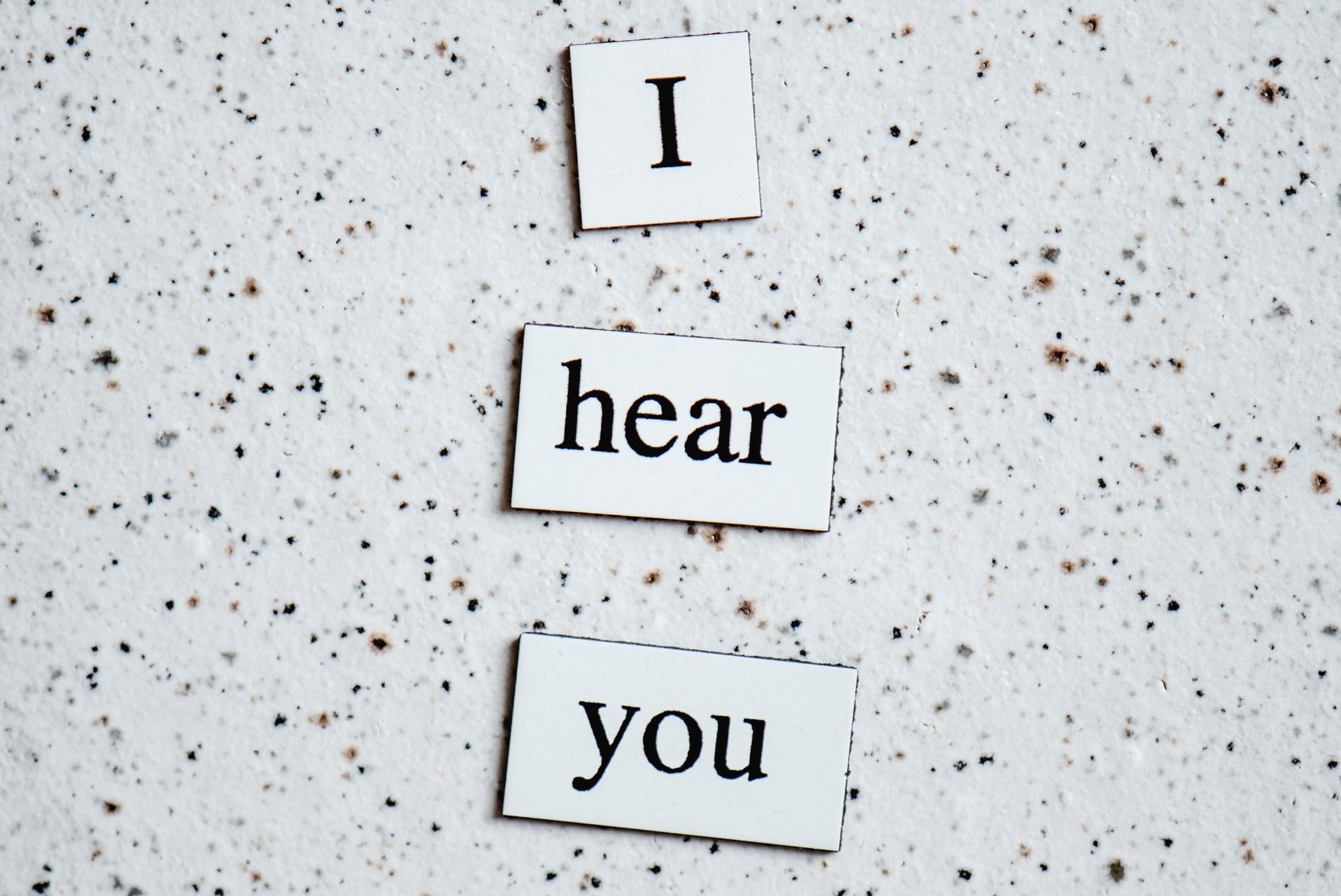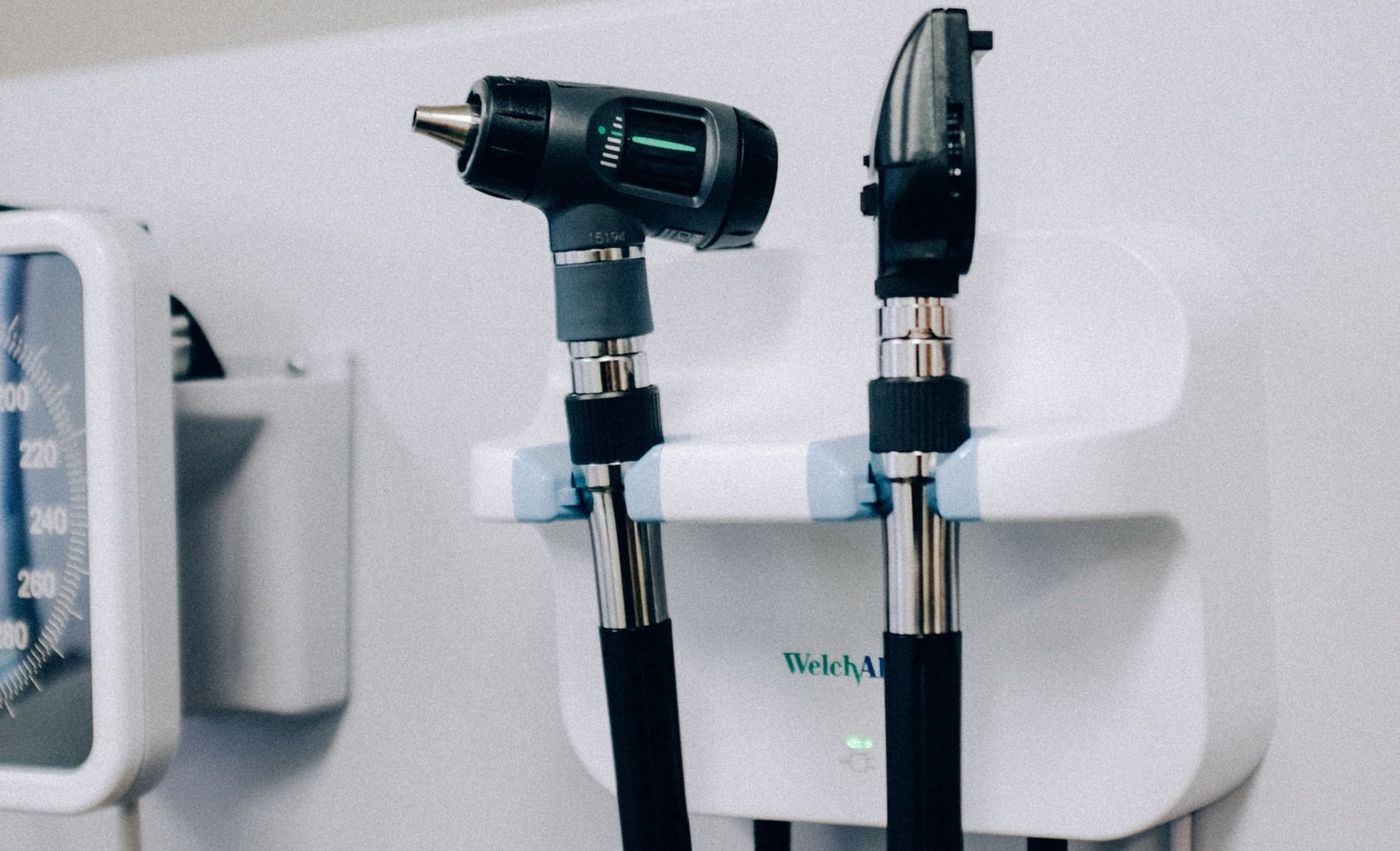
When you think of hearing aids, Walmart doesn’t necessarily spring to mind. Sure, they sell home goods, electronics, groceries, makeup, pet supplies, and even fishing equipment. But hearing aids?
The truth is, Walmart stocks an extensive range of hearing aids and amplifiers at a relatively accessible price compared to what you’d be paying at a hearing clinic. They even have their own hearing centers that can give you expert support for your hearing.
Although it’s a great thing that hearing aids have been made more accessible by this household name superstore, you will still have to do your research to find the right device for you.
Contents
Are Walmart Hearing Aids Any Good?
Whether Walmart hearing aids are generally good, however, is not an easy question to answer. This is because they sell a wide variety of both hearing aids and hearing amplifiers that have been designed for different levels of hearing loss. Therefore, some simpler hearing amplifiers might be great for one person, but insufficient for another.
This is the case even if you get your hearing aid through your audiologist, as it’s the type and extent of your hearing loss that determines the hearing aid that will work the best for you.
Also, people shouldn’t be encouraged to skip making appointments with their audiologist for in-depth hearing tests, check-ups, and treatment advice just because you can purchase hearing aids simply online and in-store. Hearing loss is a health condition and should be treated as such — most importantly, with care and expertise.
It’s also important to understand that not all the devices listed on Walmart are hearing aids. Many of them are devices known as PSAPs or hearing amplifiers. While performing a similar function to hearing aids, PSAP & hearing amplifiers are not designed to treat hearing loss. Caution should be taken to not confuse them. For more information, please check out our PSAP vs Hearing Aid article!
Walmart labels their devices honestly so you can tell which is which, but a simple way to tell if a device is a hearing aid rather than an amplifier is to check if it’s FDA-registered.
FDA-Registered Walmart Hearing Aids Recommendations
Hearing aids must be FDA-registered as they are considered medical devices in need of regulation. The high price of hearing aids is partially due to this increased level of vetting and the resultant ‘stamp of approval.’
No two hearing aids are the same, and when purchasing one there are a number of factors you should keep in mind, such as including battery life, type, features, and others. For more information on the types of hearing aids, check out this article!
Here are a few popular FDA-registered hearing aids that you can purchase on Walmart.com (sorted by price):
- EarCentric EasyCharge Rechargeable Hearing Aid – $439
- HEARING ASSIST Rechargeable, HA-302 – $498.88
- HEARING ASSIST Bluetooth Rechargeable, HA 802 Model – $549.97
- MDHearingAid VOLT – Rechargeable Hearing Aid with Noise Reduction – $599.98
- RxEars RxI – In The Ear Hearing Aid – $998
Hearing Amplifiers (PSAPs) at Walmart
The FDA doesn’t consider sound Personal Sound Amplification Products (PSAPs) or amplifiers to be medical devices, as they are mainly designed and labeled for recreational or other use by individuals with normal hearing. Nevertheless, the sound output levels of these products are still regulated. In fact, technology is improving to the point that for some people, PSAPs and other smart earbuds are becoming viable alternative options for hearing.
Below are just a few sound amplifiers (not FDA-registered hearing aids) that you can find on Walmart.com:
- MiNi Digital Invisible Hearing Aid Invisible in Canal (CIC) – $37.99
- Digital Hearing Amplifier – (Pair of 2) Personal Hearing Enhancement Sound Amplifier – $40.99
- Clearon Digital Hearing Amplifier Behind the Ear Design – $69.80
- Hearing Aid Amplifier Rechargeable in the Ear to Assist Hearing of Adults and Seniors – $69.95
If you find it hard to tell the difference between hearing aids and PSAPs/amplifiers when browsing online, look out for the explicit use of the term ‘amplifier’ in the product title or description. Also, if a device is less than $100 it is almost certainly an amplifier, not a hearing aid.
Walmart tends to stock cheaper, lower quality sound amplifiers, but high-quality PSAPs are available elsewhere. One example is our Olive Smart Ear; this CES Innovation Award-winning personalized hearing bud should definitely be considered if you don’t have hearing loss but think a PSAP could benefit you.
Are Over the Counter Hearing Aids Still Effective?
The Over-the-Counter Hearing Aid Act of 2017 sent waves through the hearing aid industry when it was released – and for good reason too! Under this new law, The Food and Drug Administration (FDA) was set to establish a new category of over-the-counter (OTC) wearable hearing devices to increase the accessibility of high-quality hearing aids for those with mild to moderate hearing loss. Regulations were set to be finalized in August of 2020, but that deadline has not been met and instead is expected to be released in 2021.
Therefore these OTC devices are not yet on the market. If you are considering purchasing a device that claims to be in this new category, be aware that this legislation has not yet passed.
This is not to stop you from buying a hearing aid from a Walmart hearing center as they do sell legitimate, FDA-registered hearing aids (alongside low-cost amplifiers).
This being said, you do have a much greater chance of accidentally purchasing a device that is not suitable or tuned to your hearing needs when buying online or without the help of a qualified medical professional.
You should also think about whether it might be beneficial to purchase a hearing aid through your audiologist because of the extra services that they can provide. You might find it reassuring to know that the same professional who diagnosed your hearing loss has advised you on your hearing device, will be able to handle your future repairs, and can revise your treatment if your hearing further deteriorates.
For more hearing aid information and advice, see our other blog articles.
The information in this guide has been written using the following reliable sources:
https://www.walmart.com/browse/home-health-care/hearing-aids-amplifiers-accessories
https://www.fda.gov/medical-devices/consumer-products/hearing-aids/
https://www.hearingloss.org/hearing-help/technology/otc-hearing-devices/








